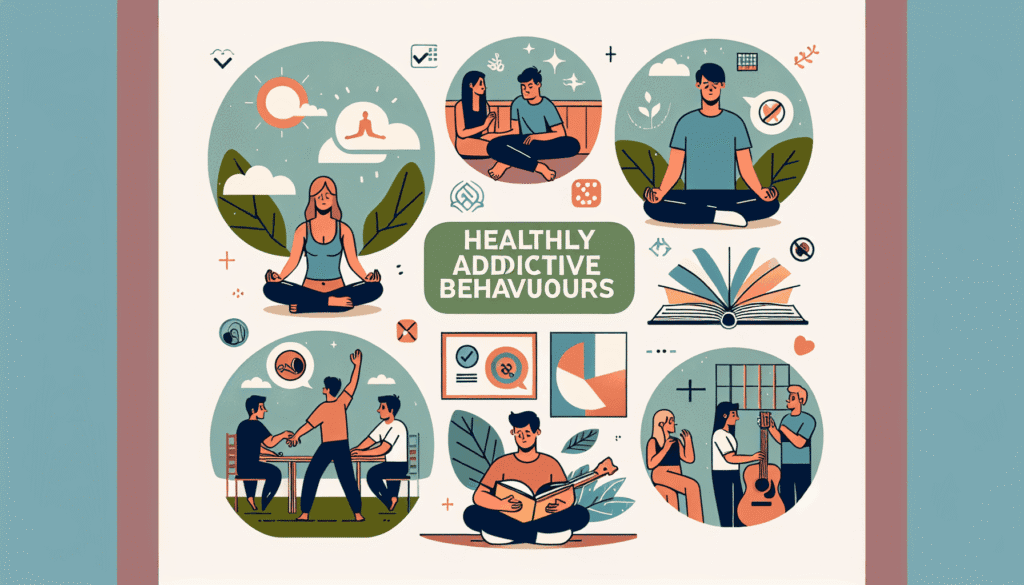Understanding Infidelity and Cheating
Cheating, huh? It’s that messy business in relationships, stirring up a cocktail of emotions and actions that complicate things. Let’s break down what cheating really means, so you’re not left in the dark.
Types of Cheating in Relationships
Cheating isn’t one-size-fits-all. There are different flavors of betrayal that can mess with romantic bonds. Here’s a crash course:
| Type of Cheating | What It Means |
|---|---|
| Physical Affairs | Getting physical, you know, crossing the line in the bedroom (or anywhere else) with someone who’s not your boo. |
| Emotional Infidelity | Sharing your feelings, secrets, and maybe your heart with another, leaving your partner on the emotional bench. |
| Fantasizing about Others | Having mental playdates with someone else, which might put a strain on your connection at home. |
Thinking about someone else? It can be considered cheating if it triggers some shady or hurtful behavior that risks your relationship blowing up (Marriage.com). Tuning in to someone other than your partner might cross the line too, especially if you start investing time, emotions, or money there.
Emotional Infidelity vs. Physical Affairs
Emotional cheating and physical affairs, while close pals, aren’t exactly the same. Sharing your deep secrets with someone else can make your partner feel sidelined, like they’re playing second fiddle (Marriage.com).
Here’s how the experts make the call between the two:
- Emotional Infidelity: It’s those secret chats and heart-to-heart moments with someone who’s not your main squeeze, which might put a dent in your emotional closeness.
- Physical Affairs: Crossing boundaries into physical territory, which breaks trust faster than you can say “betrayal.”
Both can shake the foundations of a relationship, making you question loyalty. But wait, thinking about a mysterious other isn’t always terrible. If it’s just a daydream and not a mission, it might keep the spark alive (Psychology Today).
Knowing these differences can help folks get a handle on their feelings and actions, especially if they’re wrangling with porn addiction in their relationship. Figuring out what counts as cheating can help navigate sticky conversations about trust and love.
Consent and Healthy Sexual Behavior
Getting a grip on consent and keeping things on the up-and-up in the bedroom are key ingredients in any love recipe. This rings especially true for those wrangling with issues like porn addiction, as these aspects can seriously tip the balance in relationship dynamics.
Importance of Consensual Sex
Consensual sex is like two people nodding in agreement on a dance floor—everyone’s in sync and having a ball (UC Davis Student Health and Counseling Services). But let’s be clear: consent isn’t a one-and-done chat; it’s a running conversation all through your intimate escapades. It’s about both folks feeling at ease to speak their wants and limits, which paves the way for a happier intimate life.
Grasping how consent works is crucial, especially during casual meetups where partners might be just getting acquainted. Here, consent is the shining star for shared enjoyment and steering clear of mix-ups. If consent’s MIA—or gets pulled back—California law calls it ‘sexual assault’ without ifs, ands, or buts (UC Davis Student Health and Counseling Services).
Boundaries and Communication in Sexual Activity
Setting boundaries and keeping the conversation open during sexual activity are the building blocks of trust in any relationship.
Talking about what hits the mark, what doesn’t, and what’s just okay creates a zone where both parties feel safe. Should one change their comfort level, it’s important to speak up—and the other’s gotta respect it to keep things on the up and up (Heights Family Counseling).
Partners should also be alert when it comes to adult content. Kicking off a chat about porn can clear the air on sexual hopes and dreams, cutting down on miscommunications. If one partner’s caught in the web of porn use, it’s vital to open dialogue on how this plays into their intimate life and consent.
Emphasizing that consent, boundaries, and open talk are non-negotiables can guide those tangled up in porn addiction to steer their relationships with more care and gentleness.
Perspectives on Masturbation
Masturbation—it’s that topic that’s been getting folks talking (and sometimes blushing) for ages. With roots deep in culture, religion, and health discussions, the way people view this act can really mess with your head, especially when it comes to keeping a relationship solid and spicy.
Historical Views on Masturbation
Back in the day, touching yourself was like setting yourself up for public shaming. Some folks even called it a crime! Take the Puritan colony of New Haven, Connecticut, for instance. In the 17th century, they were so strict about it that the mere thought of self-love could land you in some pretty hot water—or worse, under the gallows.
Now, old-timey philosophers like Immanuel Kant weren’t just handing out gold stars for self-exploration, either. He considered it a moral no-no.
And then you’ve got Jean-Jacques Rousseau, who on the drama scale, compared it to “mental rape.” Yep, folks back then had a flair for the dramatic, holding some pretty intense ideas like Doctor John Harvey Kellogg, who went as far as to scare people with tales of all sorts of weird side effects.
| Blame It On | Why They Freaked Out |
|---|---|
| Doctor John Harvey Kellogg | Thought it’d mess you up health-wise |
| Immanuel Kant | Saw it as morally wrong |
| Jean-Jacques Rousseau | Called it “mental rape” |
| Puritans | Might’ve got you a death sentence |
Modern Views on Masturbation
Nowadays, people have chilled out a bit. Most see masturbation as just a way to get to know themselves better or simply enjoy some ‘me-time.’ Experts like sexologists are pretty cool with it and even say it’s good to understand what makes you tick. It’s all about recognizing that getting intimate with yourself isn’t a bad thing.
Talks about masturbation these days prioritize things like consent and personal comfort zones. It’s seen as something you can do while still being madly in love with your partner.
And when it all gets a bit awkward or uncomfortable in a relationship, especially about whether it’s okay to think about someone else during solo acts, experts say chatting about your feelings can clear the air. It’s about healing and re-building trust, especially in relationships skirting around issues with porn or addiction. For folks looking to dive deeper, here’s a link to check out more on porn’s influence on relationships.
With thoughts on masturbation bouncing all over the place, it’s important to create a space where real talk can happen. Couples stuck in self-doubt or concerns about what’s going on in each other’s heads need to hash it out. Honest chats about what ‘self-care’ means for each partner can be the foundation for trust and stronger bonds.
Fantasizing About Someone Else
Fantasizing about someone other than a partner happens more often than many would admit. It raises all sorts of eyebrows about fairness and what it means for a relationship. It’s not just a guilty pleasure – it’s a peek into what might be missing or needed and how it plays out in the big picture of fidelity and closeness.
Reasons for Fantasizing
Why do folks drift into these daydreams about someone else? Well, for starters, it might be about chasing those traits or scenarios not found in their current gig. It’s like trying on a different life, safe in the mind’s sandbox. These mental escapades can conjure up passion, keeping intimacy from getting dusty. Just look at what The Knot has to say: “inherently, fantasizing about someone else isn’t wrong.”
But let’s be clear, these musings can throw a wrench in the works if they start consuming too much mind space. When it turns from light diversion to heavy detachment from that special someone, it might be wise to huddle with a pro and dig into what’s really going on under the hood.
Impact of Fantasies on Relationships
The fallout from imagining a life with someone else can cover quite the spectrum. Some see it as harmless, but when it starts ruffling feathers with sneaky behaviors or broken trust, that’s when it becomes dicey. According to Marriage.com, if those fantasies start pushing you to act unfaithfully, it’s trespassing into cheat territory.
| Might Spark Something Good | Might Give Trouble |
|---|---|
| Can rekindle the spark | Might lead to growing apart |
| Encourages spicy adventures | Could bring on guilt trips |
| Pinpoints what’s missing in the current relationship | Could trap you in obsessive loops |
When fantasizing tips from playful to a problem, it’s often shaking a finger at bigger issues, like feeling out of sync or short-changed emotionally. Tackling this with therapy might just uncover those hidden feelings and sort out desires and gaps in the relationship (The Knot).
And hey, chatting openly with your partner can steer the relationship back on course. Laying cards on the table about what you really want might tighten the bond instead of letting it fray.
Figuring out and tackling why these fantasies exist can lead to stronger, more honest relationships, boosting emotional closeness in ways you’d never expect.
Communicating About Sex
Let’s get real about open and honest chats regarding sex. It’s a must for keeping any relationship alive, especially for those dealing with the sticky predicament of porn addiction. Creating a zone of trust and understanding makes it easier to bring up tricky subject matter like, is it fair to masturbate thinking about someone else who’s not your partner?
Building a Culture of Safety
When you’ve got a zone of respect and trust, talking about sexual stuff doesn’t have to be so terrifying. Here’s what that space should look like:
| Key Characteristics | Description |
|---|---|
| Friendship | Solid ground that keeps the communication lines open wide. |
| Trust | It’s the glue that lets you spill your heart without anything coming back to bite you. |
| Honesty | Lay it all out — what you want, what you fear, what you hope for. |
| Respect for Boundaries | Separate lines where each gives the other room to breathe. |
| Independence | Let each person be their own kind of awesome. |
A safe place to talk and feel, especially when addiction tosses a wrench into things, can make a world of difference.
Effective Communication Strategies
Nail down some communication tricks that steer clear of triggering World War III. Lead with “I” statements. Picture saying, “I feel concerned when…” instead of pointing fingers. It shifts focus to your own feelings — less threat, more chill.
Set clear boundaries ahead of time about what each of you wants, needs, or might squirm away from. Dropping a few real-life examples could help:
| Type of Boundary | Example |
|---|---|
| Interests | “Doing new stuff together is my jam.” |
| Pleasures | “Certain hours are prime intimacy time for me.” |
| Desires | “New things sound fun, but only if we’re both up for it.” |
A setting that embodies safety and support boosts intimacy. Tackling these heartfelt topics with empathy and respect tightens the weave of your relationship. It’s about embracing complicated stuff together and finding ways to thrive, especially when tackling life’s curveballs tied to porn addiction and sex life.
Addressing Infidelity in Relationships
When folks deal with infidelity and the challenges that come from issues like porn addiction, it’s like trying to untangle a set of earbuds—it’s a mess, but understanding some key elements can make it a lot easier to handle. Knowing what might push someone to cheat and the elements that affect relationship choices can shed light on snags and help build stronger bonds.
Predictors of Cheating
Some personal traits and past actions can indicate whether someone might cheat again. Surprisingly, research says folks who’ve cheated before are thrice as likely to cheat in the future compared to loyal partners. It’s like history keeps repeating itself.
Cheating triggers could include:
- Not enough emotional connection
- Lack of solid chit-chat skills
- Unresolved arguments hanging around like forgotten leftovers
| Cheat Indicators | Chances of Cheating |
|---|---|
| Previous cheating | 3x likelier |
| Bad communication | Higher chance |
| Missing emotional bond | Higher chance |
Factors Influencing Relationship Decisions
Choosing to stick around or split up after someone cheats isn’t black and white—it’s more like fifty shades of complicated. For those wrestling with porn issues, this adds an extra layer. Some biggies influencing decisions are:
- Money Matters: Finances can pull strings like a master puppeteer. Couples often stay together due to joint bills and cash matters, even when trust is on the fritz.
- Family Ties: Throw kids into the mix, and things get tangled like spaghetti. Lots of folks decide to hash things out for the sake of family stability rather than break up.
- Friend Circle Confessions: The chat and advice from your friend group can push decisions one way or another. A solid support system might encourage working it out or say it’s time to head for the exit door.
Figuring out these patterns and influences offers a clearer view for folks trying to figure out their feelings and what to do about cheating. If porn addiction’s a factor, having real heart-to-heart talks about it is a must.



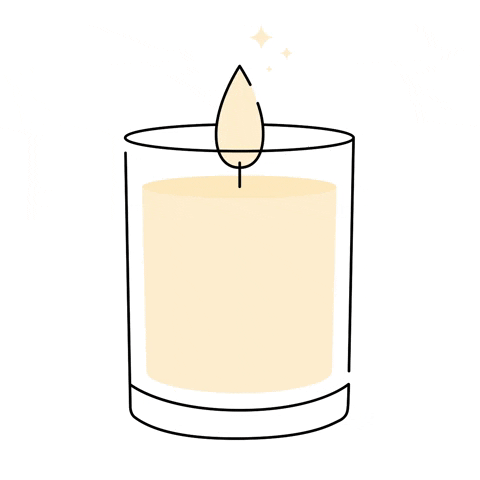
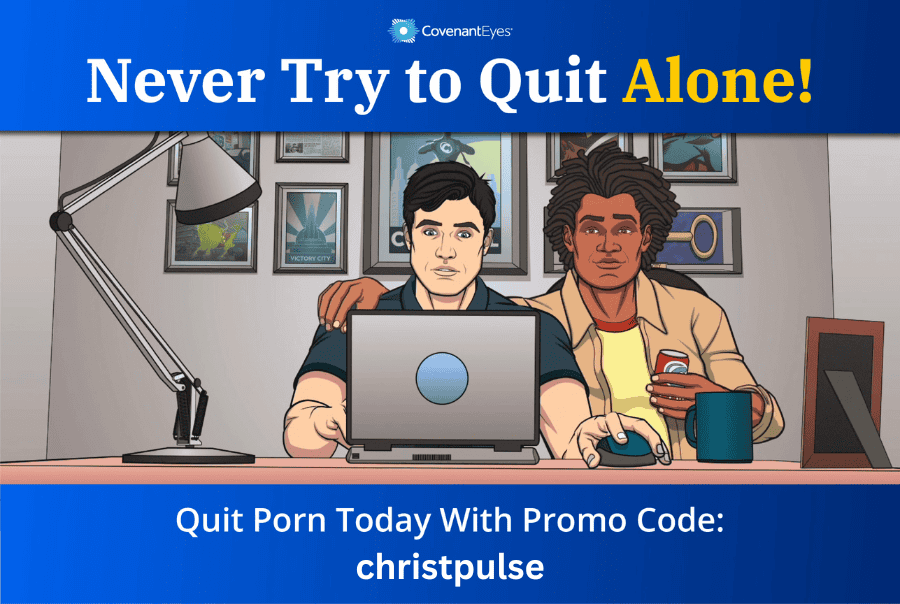

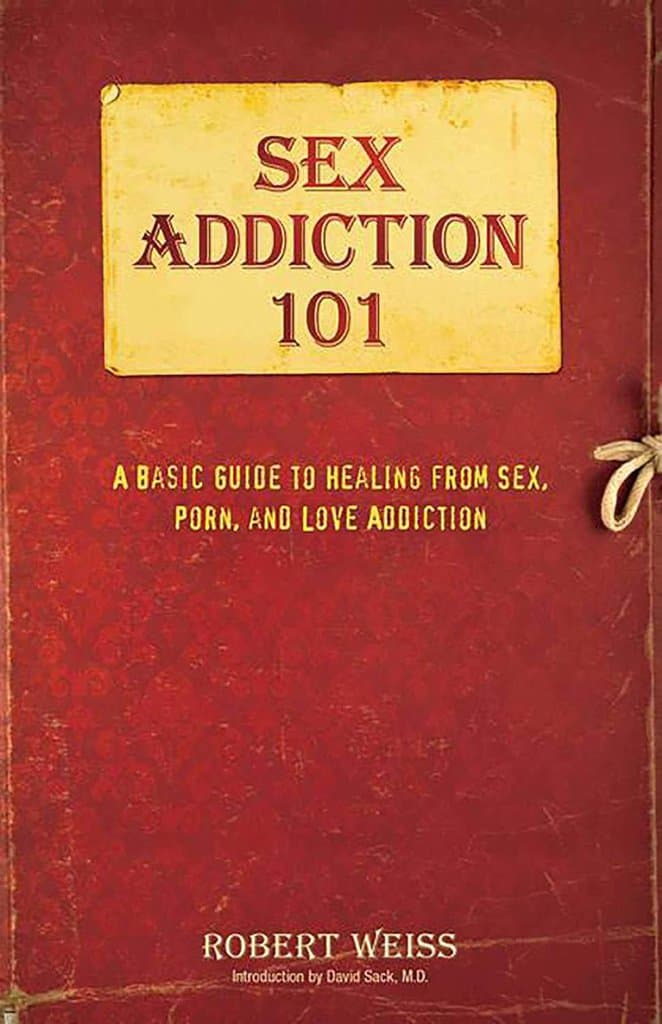

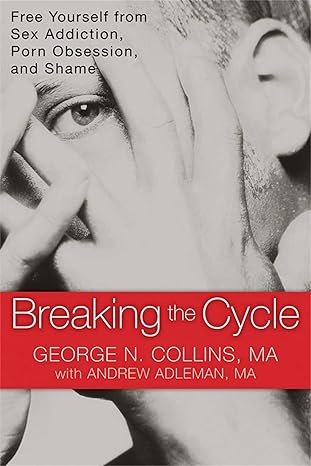
![Your Brain on Porn [Book Review]](https://christpulse.com/wp-content/uploads/2024/09/611TBbtqJYL._SL1360_-663x1024.jpg)


